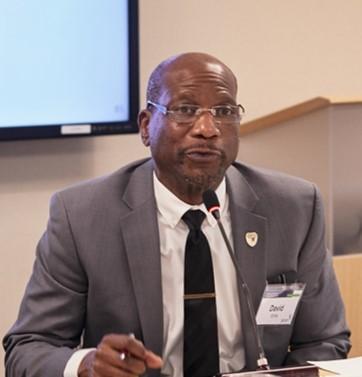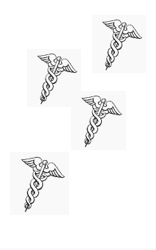
By DAVE WHITE
It had been 10 years since I’d seen a doctor when I arrived at the Emergency Room at George Washington University Hospital in October 2009. I was able to climb the first flight of stairs, but after I froze on the second, they brought me in on a wheelchair.
That was the first time I heard the dreaded words, “Your kidneys aren’t working.” I was put on dialysis immediately, and my life transformed into a series of tests and procedures. But even after three weeks at the hospital, it didn’t sink in that there was no cure.
I checked most risk factors for kidney disease: I ate the wrong foods, smoked more than a pack of cigarettes a day, drank too much beer, and didn’t exercise much. But the biggest risk to my health was not getting regular check-ups. I didn’t think I needed them, or that I had a part to play in my own health.
I hated going to dialysis three times a week. Since I could no longer work, the $20 cab fare each way was an expense my wife and I struggled to afford, so I skipped often. When a nurse warned me that if I missed three sessions in a row I would have to be dialyzed at the hospital, I decided this meant I could get away with one session a week.
The care plan I received from my providers called me “non-compliant” seven times. I felt they had written me off as a lost cause and saw no point in working with them either.
Finally, I was called into a meeting with six nurses, social workers, and clinic staff. When I said I skipped dialysis because money was tight, the charge nurse said, “We’re going to get you resources for transit and help you plan good meals.”
I was shocked – I didn’t know how support services worked. The nurse continued “But you have to do your part or you’re not going to be around much longer.”
No one had said this in such blunt terms before. I left the room, went home, looked at myself in the bathroom mirror, and said, “They’re right. You can do better. You have to do better.”
Fourteen years later, I am lucky to be alive to see the Centers for Medicare and Medicaid Services (CMS) include measures that place the patient’s voice at the center of clinical care. CMS has recognized that supporting patient activation, building a person’s knowledge, skills, and confidence around managing their health, and addressing social needs is critical to helping people like me get the support we need to get and stay healthy.
Continue reading…










